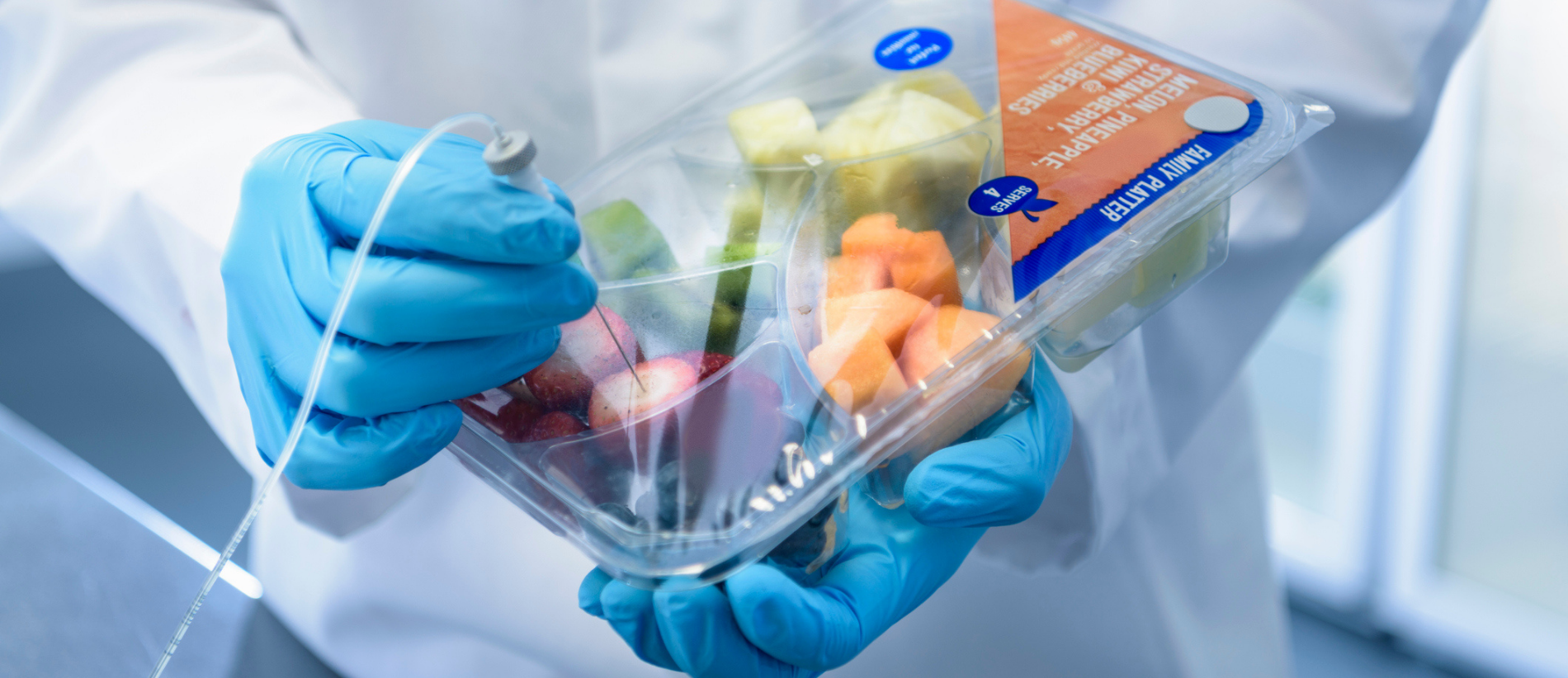Market conditions for product recall insurance buyers are changing due to uncertainty around pandemic-related claims as well as a general push for profitability by some insurers.
While many insurance classes experienced hardening insurance rates in the past year, the market for product recall insurance remained stable with overall flat rates and little change in terms and conditions. The Covid-19 outbreak has now triggered new market dynamics.
Disputes in food service/restaurant income protection policies
Pandemic driven claims are being filed on foodborne illness programmes to cover losses related to business interruption during the Covid-19 outbreak.
In the past, recall losses in the restaurant sector have typically been linked to foodborne illness events caused by E.coli bacteria, norovirus or salmonella amongst staff or guests. However, many restaurant policies have been recently broadened to provide cover for disease outbreak, pandemic or health scare which should provide an element of cover. Some Insurers, however, appear to argue that Covid-19 is a systemic public health issue and not location specific. This will be hard to justify to Lockton clients and we will vigorously pursue cover where such extensions were granted.
Pandemic risk cover in food processing
The standard recall market language for manufacturing policies tends to be relatively tightly worded and typically requires actual bodily injury as a trigger for a product recall event. However, most recall policies have extensions for plant closure for food safety issues. The wording of some policies sometimes lack clarity in this respect, allowing for certain ambiguity in relation to policies’ response in the current pandemic. A disease outbreak could mean the presence of a contagious person within a particular location or the closing of a facility by a public health authority as a result of a disease outbreak, for example, although evidence of contaminated end product would be critical.
On that issue initially questions arose as to whether Covid-19 could be transmitted via food or food packaging, but both the Food Standards Agency (opens a new window) in the UK and the Food and Drug Administration (opens a new window) in the US have issued statements that there is no evidence of such a transmission. The Sars-CoV-2 virus seems to be mainly spread via airborne particles emitted by breathing and coughing.
Other Covid-19 driven risks
Unlike other sectors, food & beverage manufacturers have mostly continued operating during the pandemic as an essential sector, and some areas even saw a surge in demand. However, changes to the operating mode may have affected their risk exposure. Some food processors have been very busy during the lockdown redirecting distribution towards channels where demand jumped while restaurants and pubs were forced to close. Such sudden changes can increase risks for example in the area of quality control. Further, issues with labelling could appear where food that was previously destined for the food service industry is re-routed to the end consumer and may not be compliant with labelling or packaging requirements. It is important to note that selling to retailers often requires the purchase of recall cover via contractual obligations.
Boosting the output as a food and beverage manufacturer can also cause an increased risk if capacity and the workforce is stretched, even though the food and beverage sector is quite used to adapting production levels according to changes in demand. However, manufacturers may experience higher levels of staff off sick during the pandemic, which can add strain on production and consequently, quality issues. Further, some businesses may have to source from a new and therefore untested supplier, again potentially affecting the company’s risk exposure.
Production shifts, social distancing protocols in a confined space, product specifications and contractual issues may change the risk exposure of a business and Lockton can advise on how to inform insurers about any exposure changes while avoiding cost implications.
Insurers are currently split over applying a Covid-19 exclusion in the recall market but Lockton has been able to define such language as only for ‘direct’ contamination as opposed to any ‘indirect’ exclusion which could be very broad .
While Covid-19 is changing the appetite of some insurers for product recall risks due to potential claims on existing policies and or a general push for profitability, there are plenty of opportunities with competitors that are keen to grow their portfolio in this niche insurance area and keeping rates as well as terms and conditions stable.
For more information please contact:
Freddie Schlesinger ACII - Vice President
Product Recall & Reputational Risk
Crisis Management
M: +44 (0) 7769248552 |E: freddie.schlesinger@lockton.com (opens a new window)
